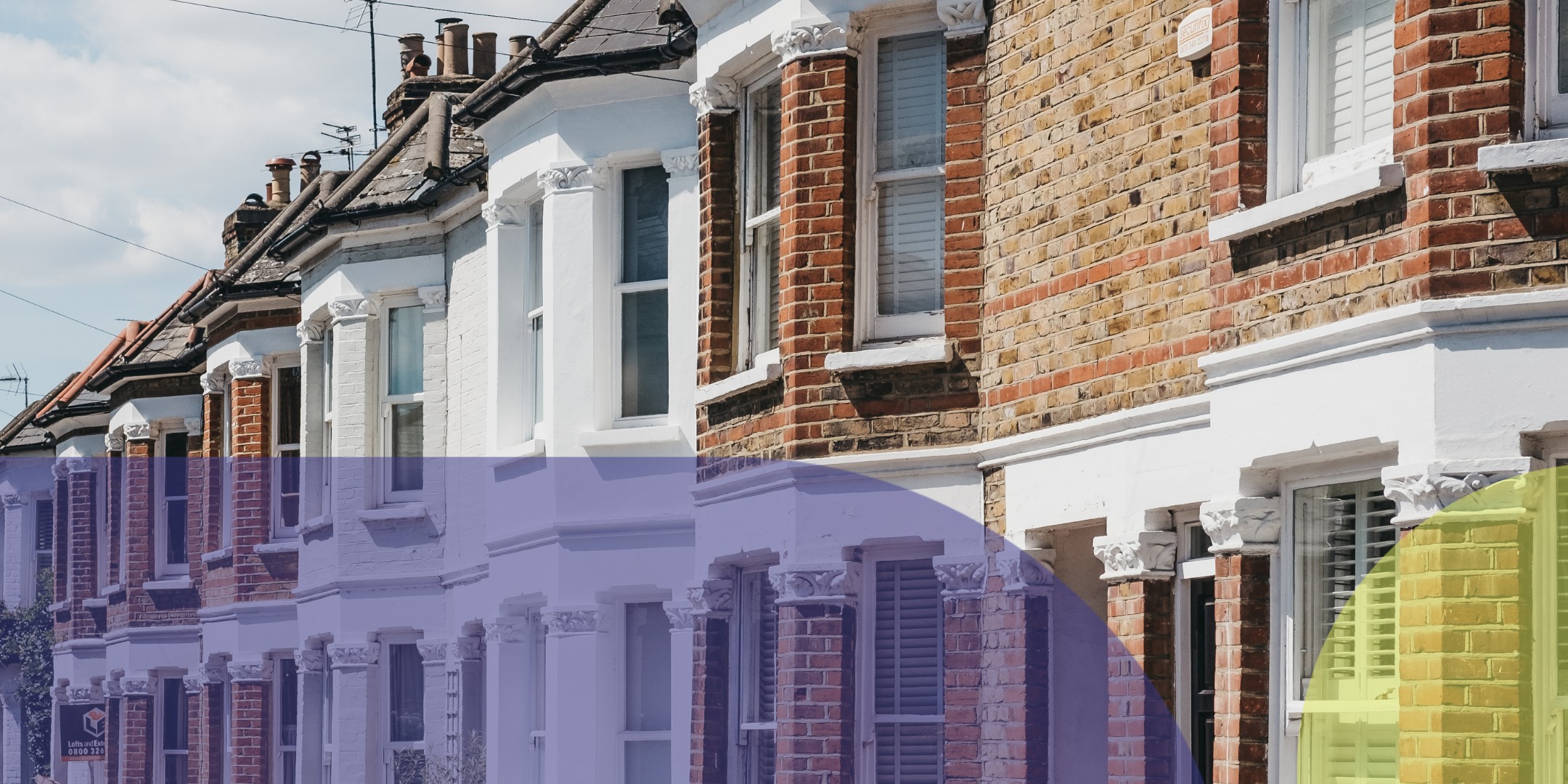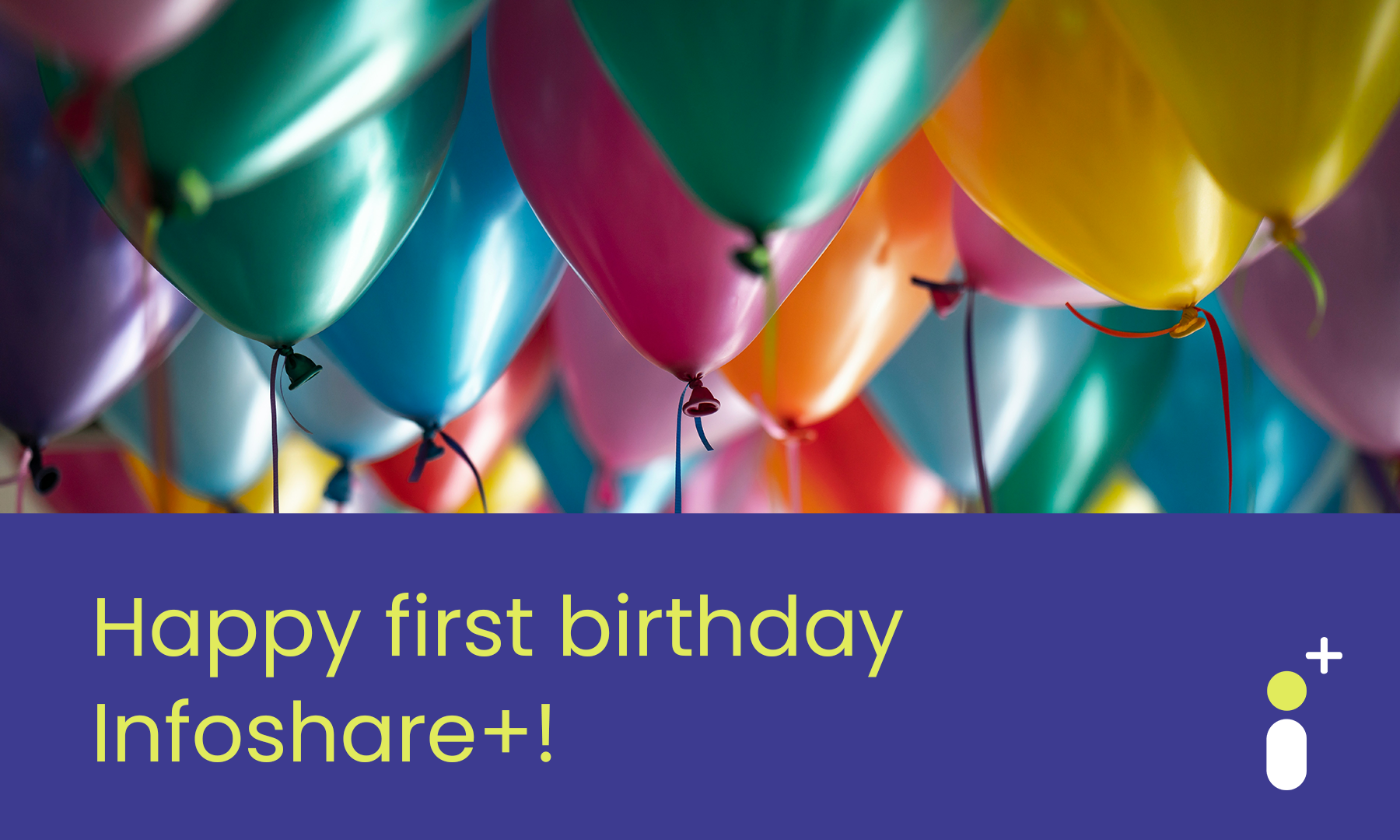North East Households shouldering larger council tax bills

Households in the North East to pay over £440 more in council tax than those in Greater London
Households in the North East will pay £444 more in council tax in 2025/26 than those in Greater London, reveals analysis undertaken by the Chartered Institute of Public Finance and Accountancy (CIPFA) and Infoshare+.
Findings from CIPFA’s annual council tax survey reveal that the average Band D council tax bill across England and Wales will increase by 5.1%, slightly lower than in 2024 but still outpacing January’s inflation rate of 3.9%.
A regional breakdown highlights that the North East remains the highest-paying region, with the average Band D property facing a bill of £2,425.49. In contrast, Greater London continues to have the lowest Band D average at £1,981.46. Greater London will also see the smallest monetary increase of £88.90.
This year, six councils—Bradford, Newham, Windsor and Maidenhead, Birmingham, Somerset, and Trafford—have been granted permission to raise council tax above the national referendum threshold, with increases ranging from 7.5% to 10%. The government justifies these higher increases by stating that these councils have “amongst the lowest levels of council tax” in the Local Government Finance Settlement 2025-2026 on 3 February 2025.
Council tax forms a vital part of a local authority’s income, and with central government funding reducing and demand for services increasing, councils are under pressure to bridge any funding shortfalls. However, CIPFA warns that in some areas, council tax rises will not be sufficient to maintain local public services.
Joanna Pitt, CIPFA Senior Policy Manager, said:
“Local authorities are caught in an impossible position, balancing rising demand for essential services against financial pressures. While increasing council tax is never an easy decision, it is often the only option available to maintain service provision in the face of difficult funding decisions.”
Steve Thorn, Executive Chair at Infoshare+, said:
“Councils are facing the difficult decision to raise council tax higher than inflation, knowing that it may not be enough to meet funding shortfalls. Intelligent data and software can play a key role in plugging the gap by identifying opportunities to reduce costs, raise revenue, and automating processes where possible. Taking a more data-driven approach and using technology effectively can help councils proactively confront the challenges they face and meet citizen expectations in a tough budgetary climate.”
Notes to editor
- CIPFA and Infoshare+’s Council Tax Survey was based on 220 responses to questionnaires sent to authorities in England and Wales.
- Band D properties are used as the typical value as they act as the baseline figure from which other bands are calculated.
- About Infoshare+: Infoshare+ is a UK-based public sector partner offering innovative and responsible data and software solutions. The company’s team of experienced public sector experts are trusted by hundreds of organisations across local and central government, as well as health and emergency services. Infoshare+ focuses on empowering customers with software that enhances decision-making and helps them.
- About CIPFA: The Chartered Institute of Public Finance and Accountancy (CIPFA) is a global leader in public financial management, dedicated to improving public services and governance through innovative research and practical solutions.
- For further queries, please contact the CIPFA press office at press@cipfa.org.



